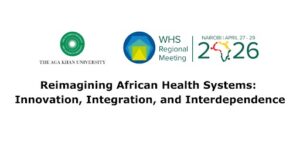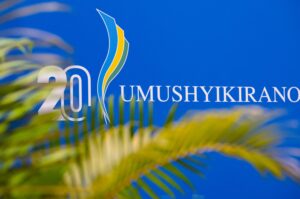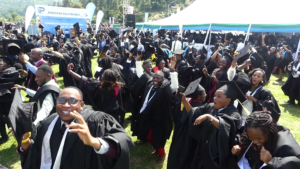By Xaverine Cyiza.
In a concerted effort to shape the future of Rwanda’s secondary cities, the Institute of Policy Analysis and Research (IPAR-Rwanda) hosted a multi-stakeholder dialogue in Huye District, aimed at tackling the region’s most pressing urban development challenges.
Held at BONI CONSILI Hotel, the policy consultation brought together a diverse mix of voices—from district officials and academic experts to business leaders, civil society, and community representatives—united by a shared commitment to steering Huye’s development as a key support city to Kigali.
The consultation is part of IPAR-Rwanda’s nationwide research project analyzing urban governance in Rwanda’s secondary cities. This effort is backed by the Partnership for Social Governance Research (PASGR), a Kenya-based organization advocating participatory policymaking. Through these consultative sessions, the project aims to spark evidence-based reforms across cities grappling with rapid growth, infrastructure stress, and environmental pressures.
In Huye, the focus was clear: enhance coordination among institutions, improve land use management, and promote context-sensitive governance strategies. Speakers noted that while growth is inevitable, it must be guided by informed planning and inclusive decision-making.
Kamana André, Huye’s Vice Mayor for Economic Development, emphasized the risks of short-sighted urban expansion.
“We must plan beyond today. The continued conversion of farmland into housing threatens our future food supply,” he said.
He also cited gaps in institutional coordination as a hindrance for sustainable planning and development , citing the example infrastructure and environment related projects like road tree planting efforts later undermined by power line installations.
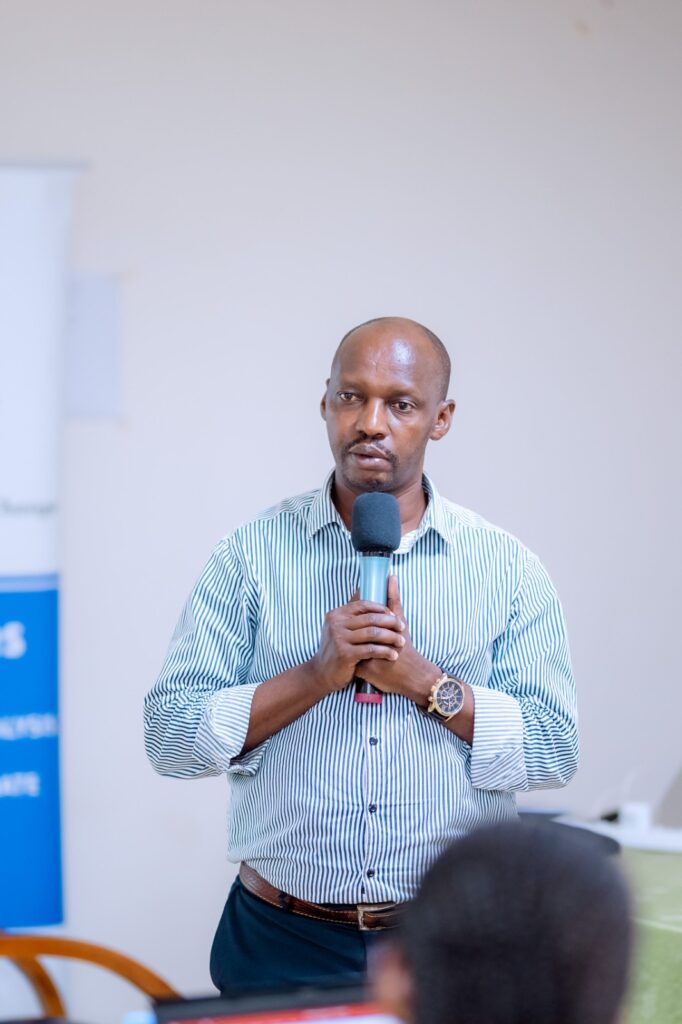
“These are both valuable initiatives, but without coordination, we lose both resources and environmental gains,” Kamana added.
IPAR’s lead researcher on the project, Dr. Jean Pierre Muhirwa, reiterated the need for integrated approaches. “Policy must be shaped by grounded evidence and cross-sector input. That’s where the Utafiti Sera model excels—it brings everyone to the table,” he said. According to Dr. Muhirwa, outcomes from dialogues like this will inform reports and policy briefs to help decision-makers craft smarter, city-specific solutions.
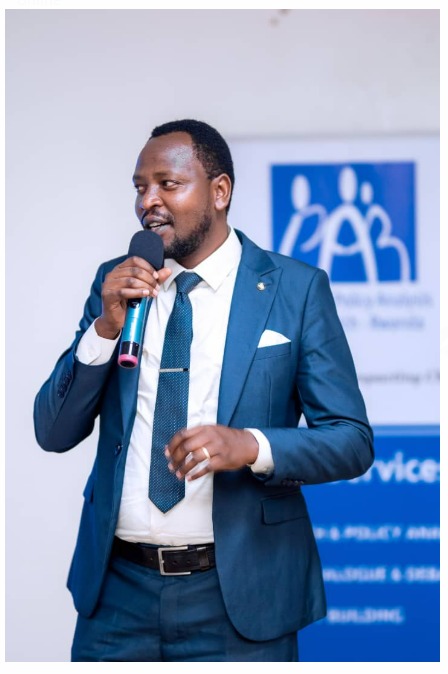
The Huye session follows similar dialogues conducted in Musanze, Rubavu, Rusizi, and Nyagatare. Taken together, these discussions will contribute to a broader framework for sustainable secondary city development in Rwanda.
As the country continues to urbanize, platforms like IPAR’s are proving vital in ensuring that growth is not only rapid but resilient, inclusive, and guided by the voices of those it affects most.


